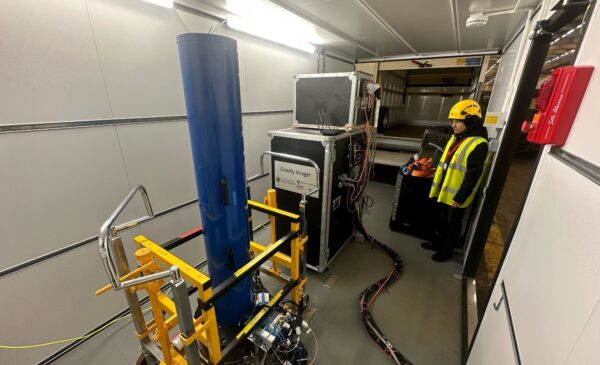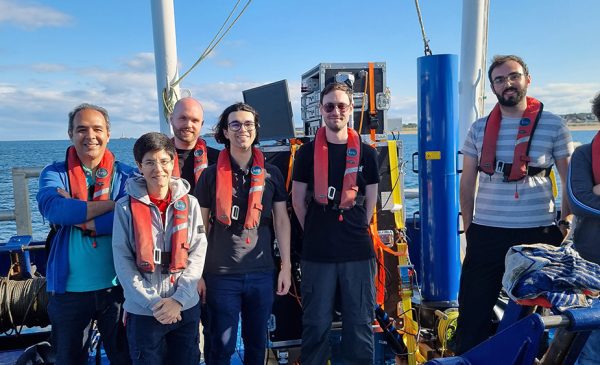The University of Birmingham teams of the UK National Quantum Technology Hub in Sensors and Metrology have secured seven projects within the recent Innovate UK call ‘Exploring the commercial application of Quantum Technologies CRD’. This success underpins the strength in depth at the University of Birmingham to accelerate the development of quantum technology sensors and metrology, transfer our knowledge into industry and translate prototypes from academia into industry. They will create new links into industry, and deepen existing ties with key partners.
All successful applications were announced by Professor Sir Mark Walport, Government Chief Scientist, at the Quantum Technology Annual Showcase event.
The successful projects included:
REVEAL, led by e2v together with RSK and Gooch Housego, combines the outcomes of four previously funded InnovateUK projects to develop the first commercial prototype quantum technology gravity gradiometer for civil engineering applications. It is based on the designs developed by University of Birmingham and taking cognisance of the practical engineering applications.
This will be a significant step towards commercialisation of quantum technology gravity sensors and ensuring these sensors become available to the users.
Qvision, led by OXEMS, is exploring the combination of highly sensitive gravity data together with asset tags attached to buried pipes and cables to improve the management of buried assets, reduce accidental damage due to poor location of assets and enhance the market offerings of OXEMS’ tags. This completely new application has the potential to open up the market for QT gravity sensors.
CASPA, led by e2v, brings together a UK consortium to develop a QT sensing payload for a CubeSat, to push towards operation of quantum sensing in space. Achieving this challenging goal will push forward the operation of quantum sensors in applications such as gravity mapping and time generation in space. These will enable huge benefits across fields such as flooding and disaster resilience, and monitoring of water resources. The University of Birmingham’s role is as the scientific lead, defining the system concept and requirements and performing integration and optimisation of the payload.
Nicole Metje, Michael Holynski, Kai Bongs, Yeshpal Singh




